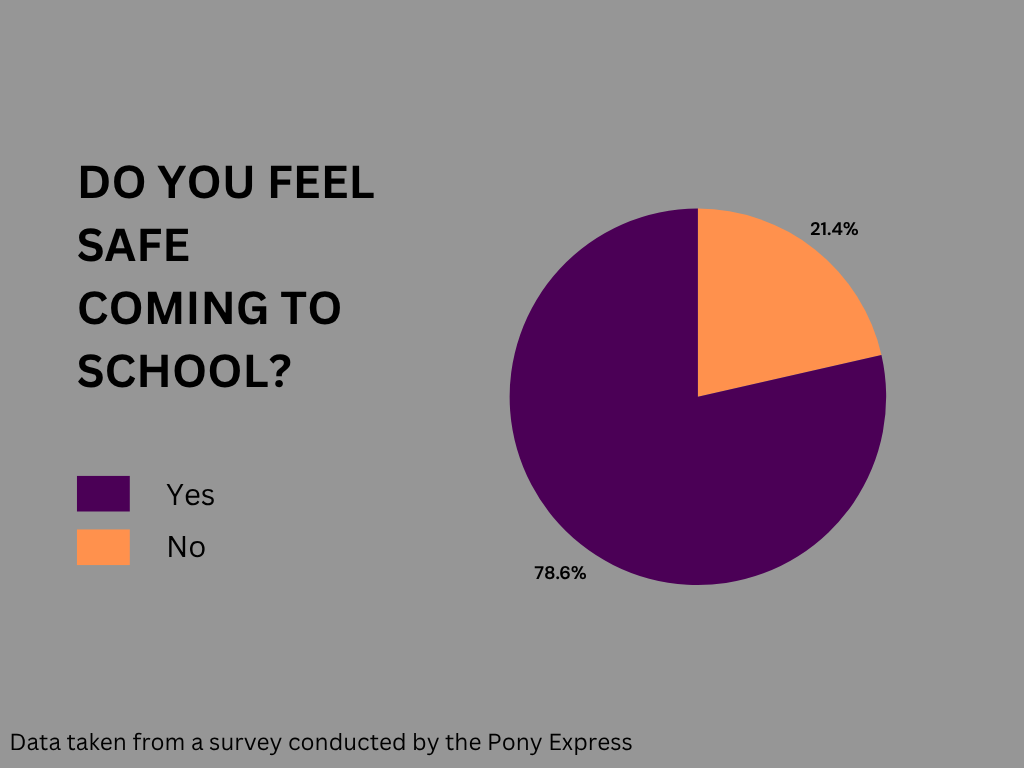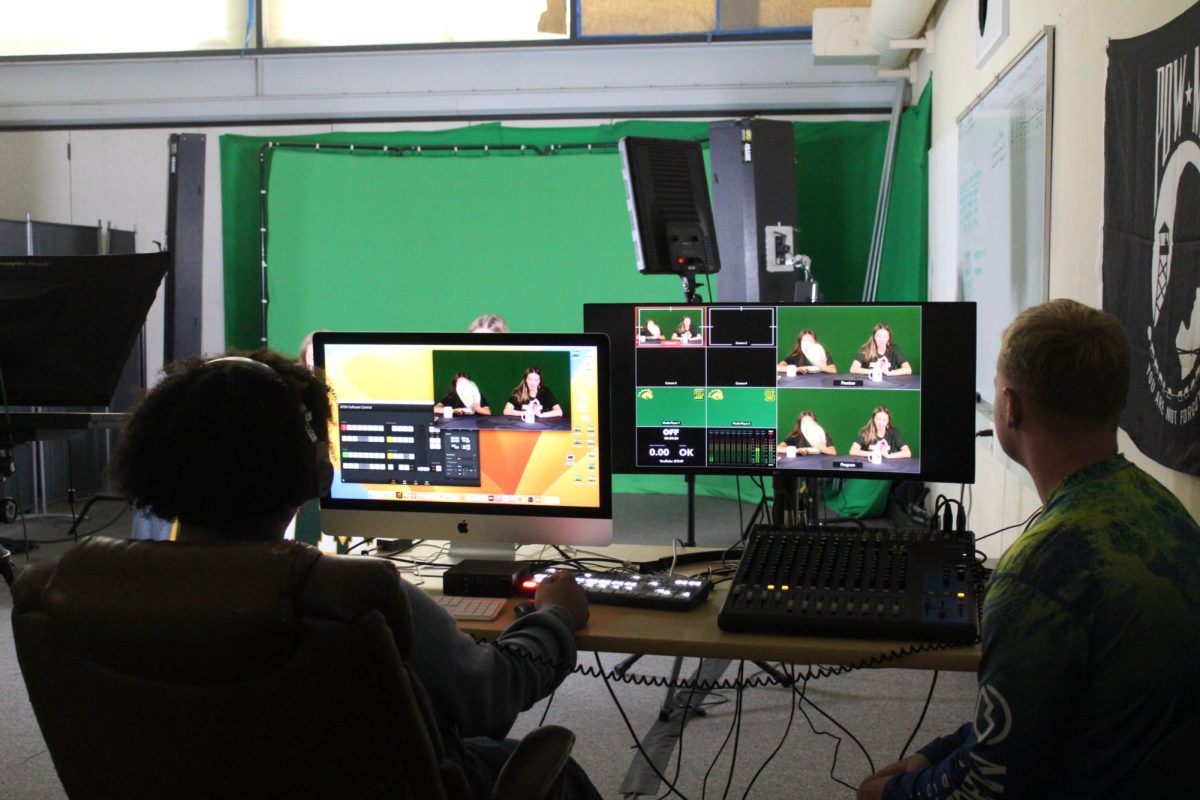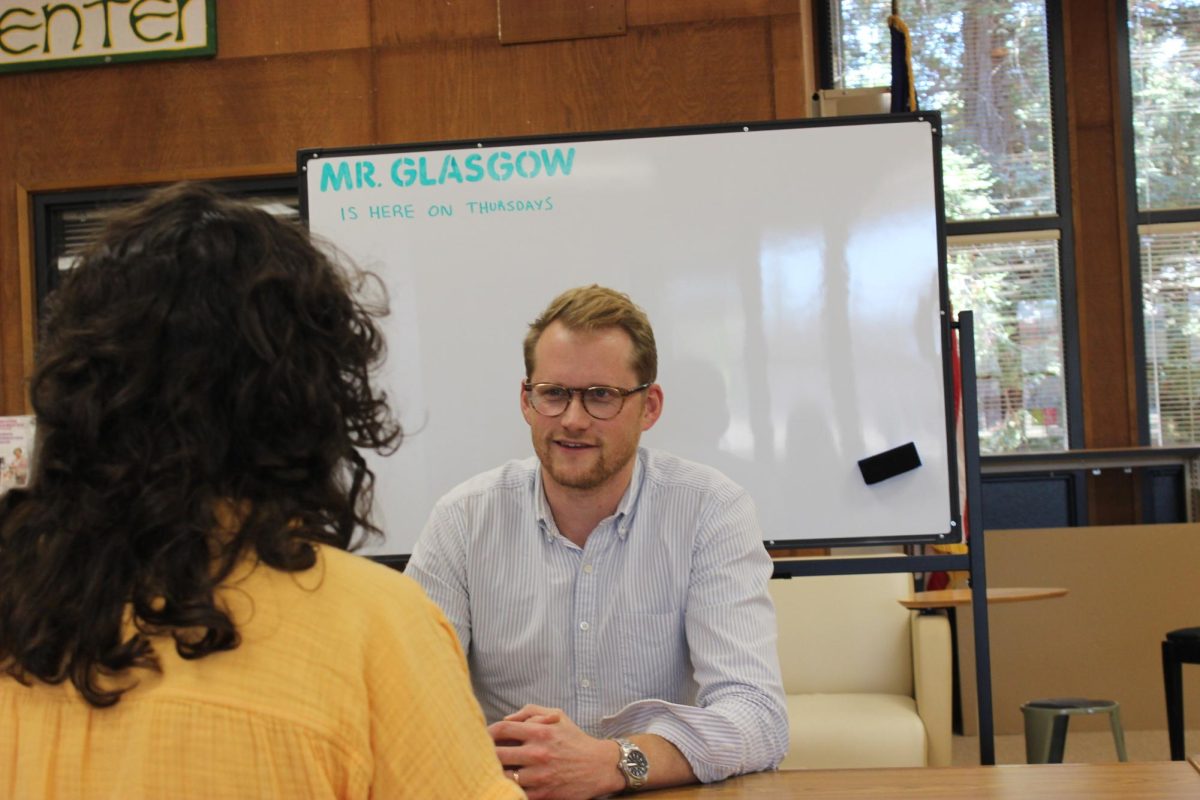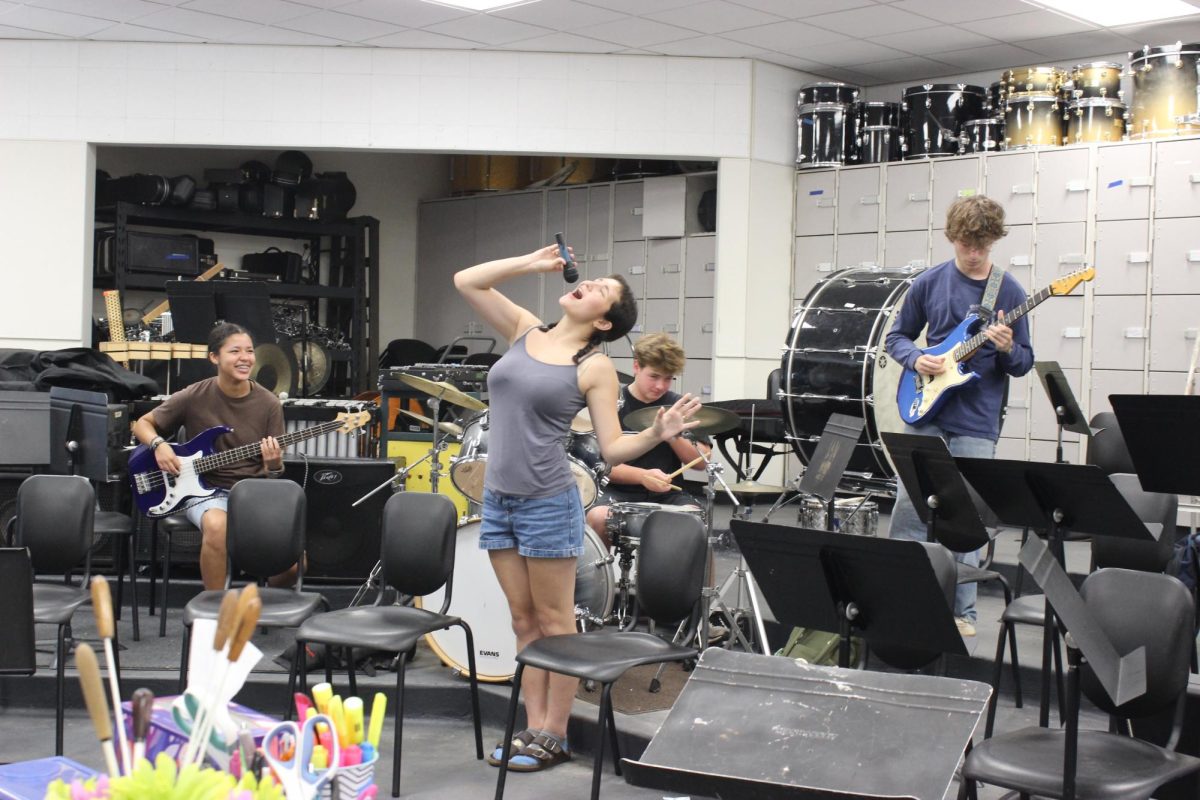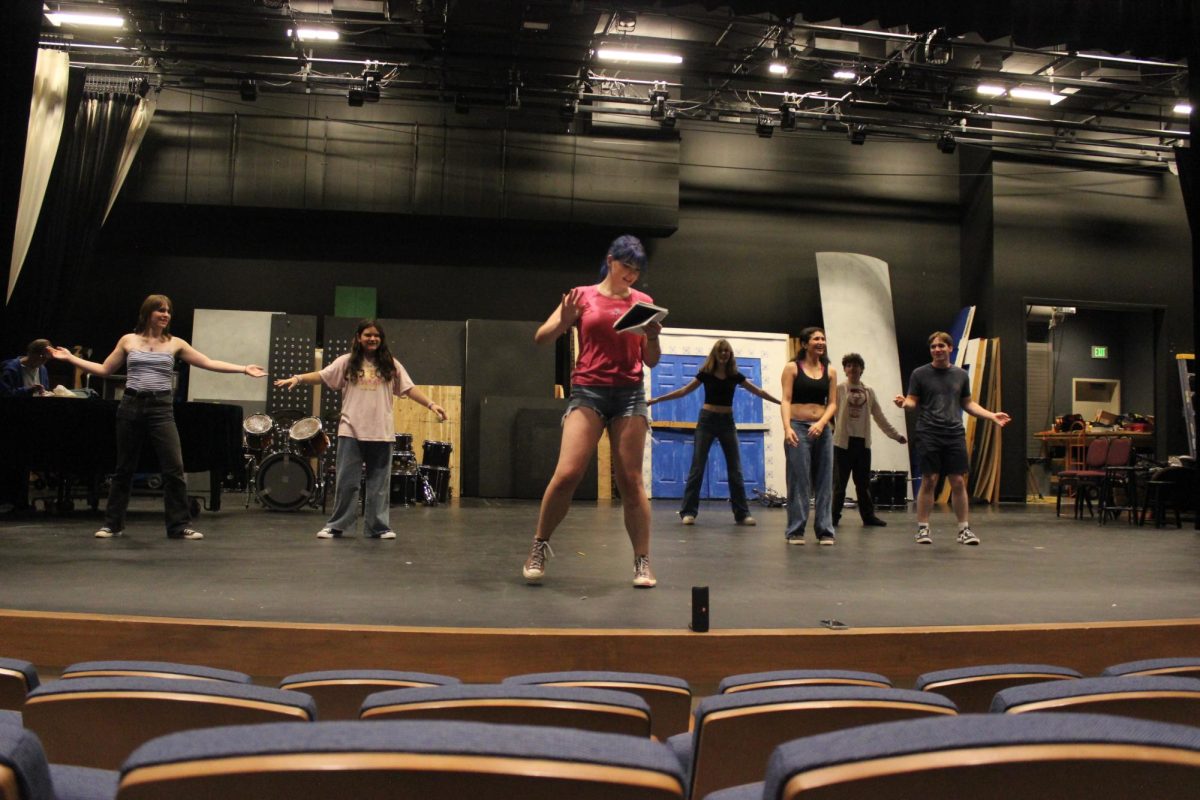For some, it’s just one question, for others it’s an entire lesson, and for a few, it’s a whole subject. Some students consider math one of the hardest subjects, but in past years, many seem to be struggling more than usual. Test scores have decreased since the pandemic hit, and these drops show us how much students are struggling.

Schools all over California have found that the pandemic caused major setbacks in math. Recently, Marin County scores have dropped in the California Assessment of Student Performance and Progress (CASPP). This assessment tests students from fourth through eighth grade, as well as juniors. In 2022, 62% of Marin students met or exceeded the standards for proficiency in math, compared to 65% in 2019. During the pandemic, San Marin students didn’t take the CAASPP test, but when they returned their scores declined. There was almost a 5% decrease in students meeting the standard score for their grade from 2019-2022. This decrease could be explained by the pandemic, but some students feel there are other factors that have affected their learning.
Sophomore and Geometry student Sophia Tiet is struggling to maintain her grades and understand the material. She heard from classmates and friends who have similar concerns.
“I have not heard a single person who’s ever been like ‘I love geometry, it’s great!’” Tiet said. “In terms of blame, you never really know if it’s the teacher, curriculum, or students.”
Kimberly Laabs has been teaching Geometry, AP Calculus, and Algebra classes for 19 years, and claimed that the switch to Geometry is often difficult for students. It challenges them to think in different ways than they’re used to, and requires them to be able to explain their reasoning. The CAASPP testing scores from 2021-2022 show that juniors struggled the most with concepts and procedures, meaning how well students use mathematical rules and ideas. These elements are major factors in geometry.
Laabs mentioned that the Math Department tried to keep everything consistent in classes, in order to make sure each student has a fair chance. While this method was implemented in order to help students by making sure they feel it’s fair, some feel like the strict deadlines and test dates interfere with their ability to learn.
“You don’t have that much time to figure everything out and you don’t have a lot of time to get help when you’re struggling. There’s not a big window of time,” Tiet said.
Junior Cate Contreras, a student in Pre-Calculus, feels that the tests are too frequent, and heavily impact grades.
“Tests are 50%, quizzes are 10%, and participation and homework are the rest. There’s too many quizzes and tests,” Contreras said.
Some students avoid these problems by skipping the in-class element of math, and take it online instead. Students who want to get ahead in math can talk to their counselors about taking courses online, through local colleges, or Silicon Valley High School. Laabs doesn’t recommend this; however, sophomore Natalie Keizer found it very helpful.
“I’m very happy that I decided to do it online, especially seeing that a lot of my friends are really struggling with geometry,” Keizer said.
Online classes aren’t recommended for most students, because it can be difficult to get help due to little resources. Sophomore Teju Kancharla took Algebra 2 online last year, and found it much more challenging than she was expecting.
“I had to get a tutor for a lot of it because the college I did it through was not very good, and they didn’t offer very many tutoring opportunities,” Kancharla said. “They didn’t explain a lot of it and now it’s kind of a struggle because the people in-person taught more, and had more built up, and I have to do more review.”
Not understanding concepts taught in Algebra may mean that students find future math classes difficult to understand. Kancharla expressed concern about taking Calculus next year, and Contreras shared her thoughts about taking the subject as a whole.
“I don’t even think I’m going to do math next year. I don’t want to do it anymore,” Contreras said.
Math department chair, Jayne Flynn, declined to be interviewed for this article.

